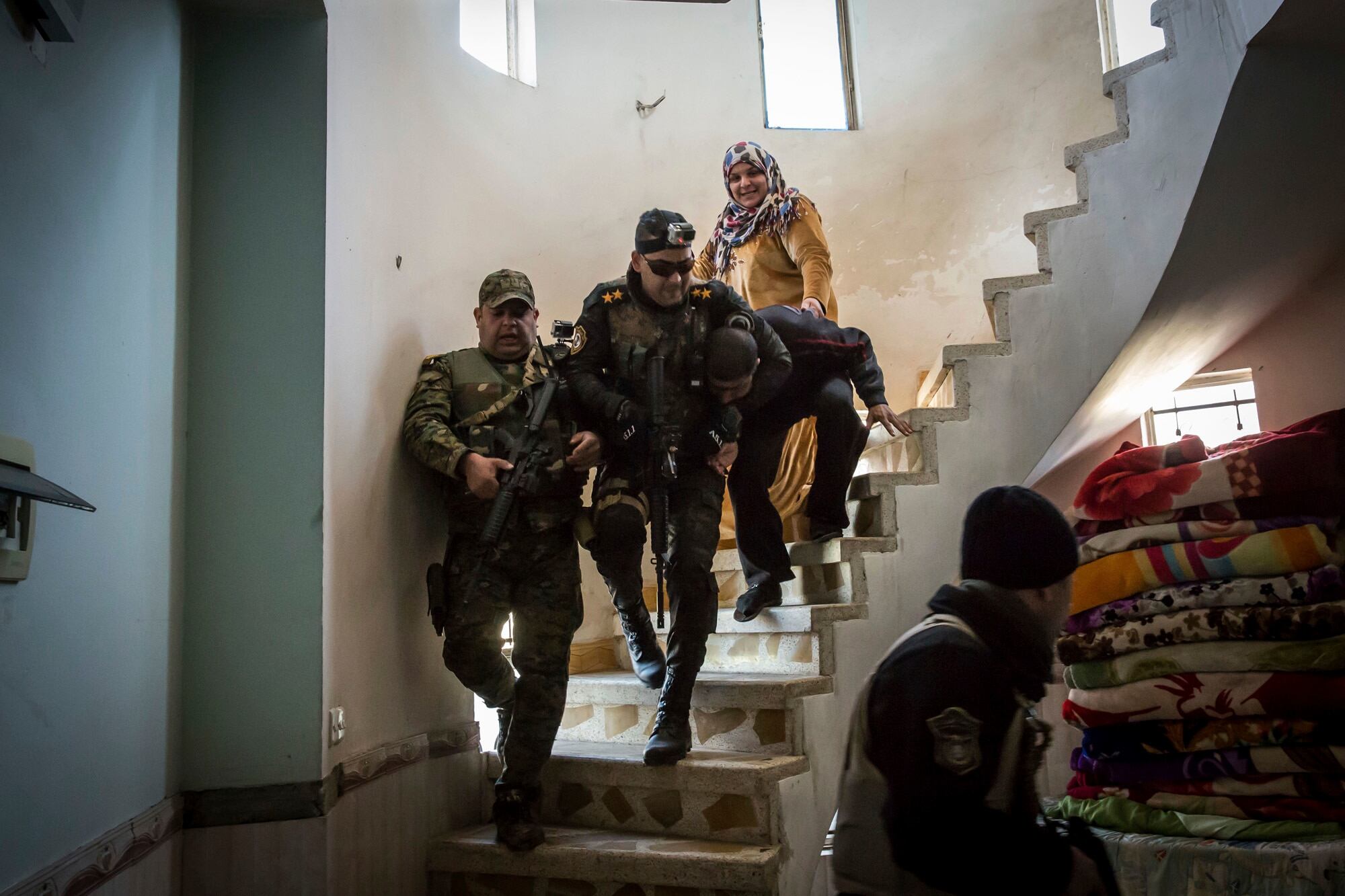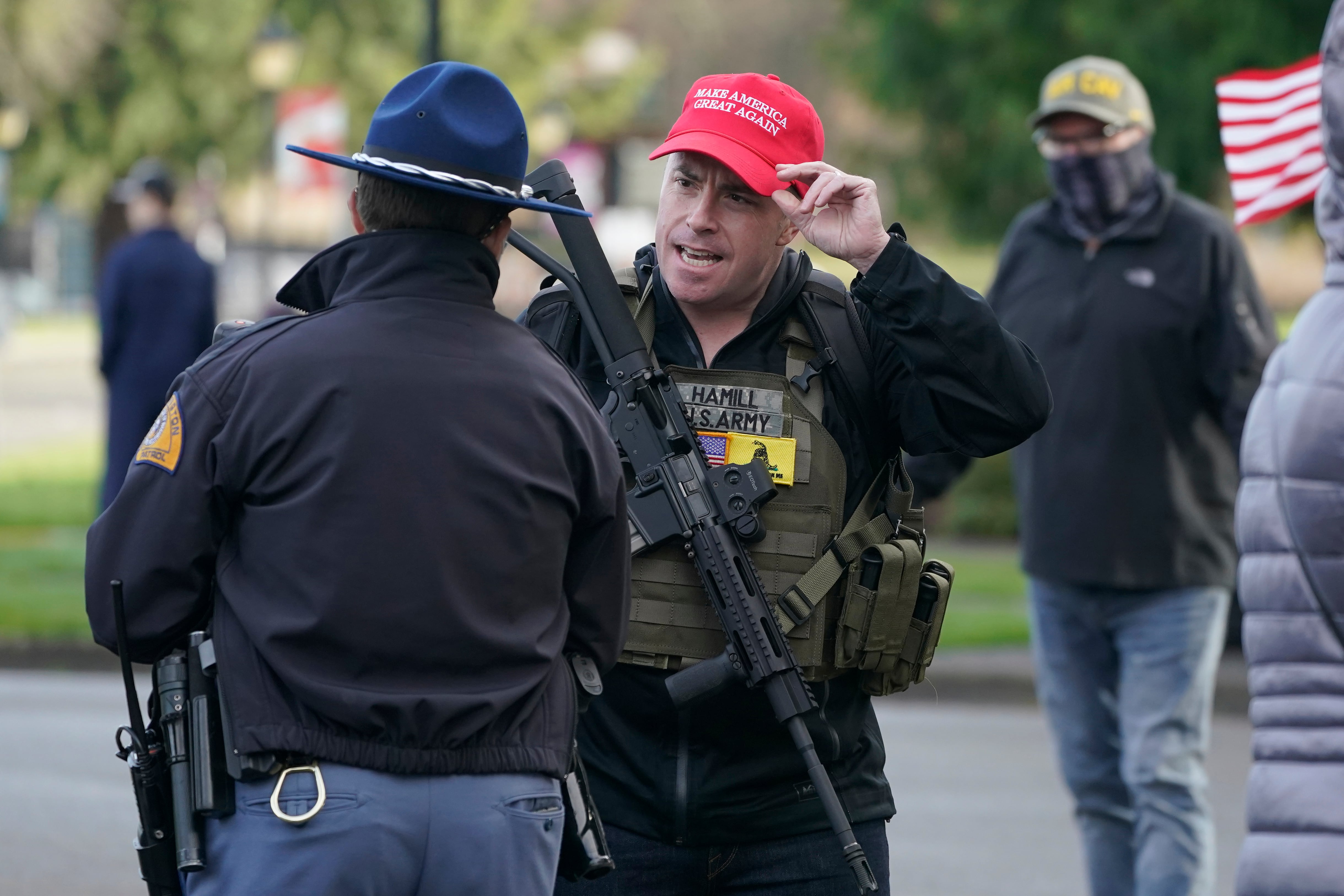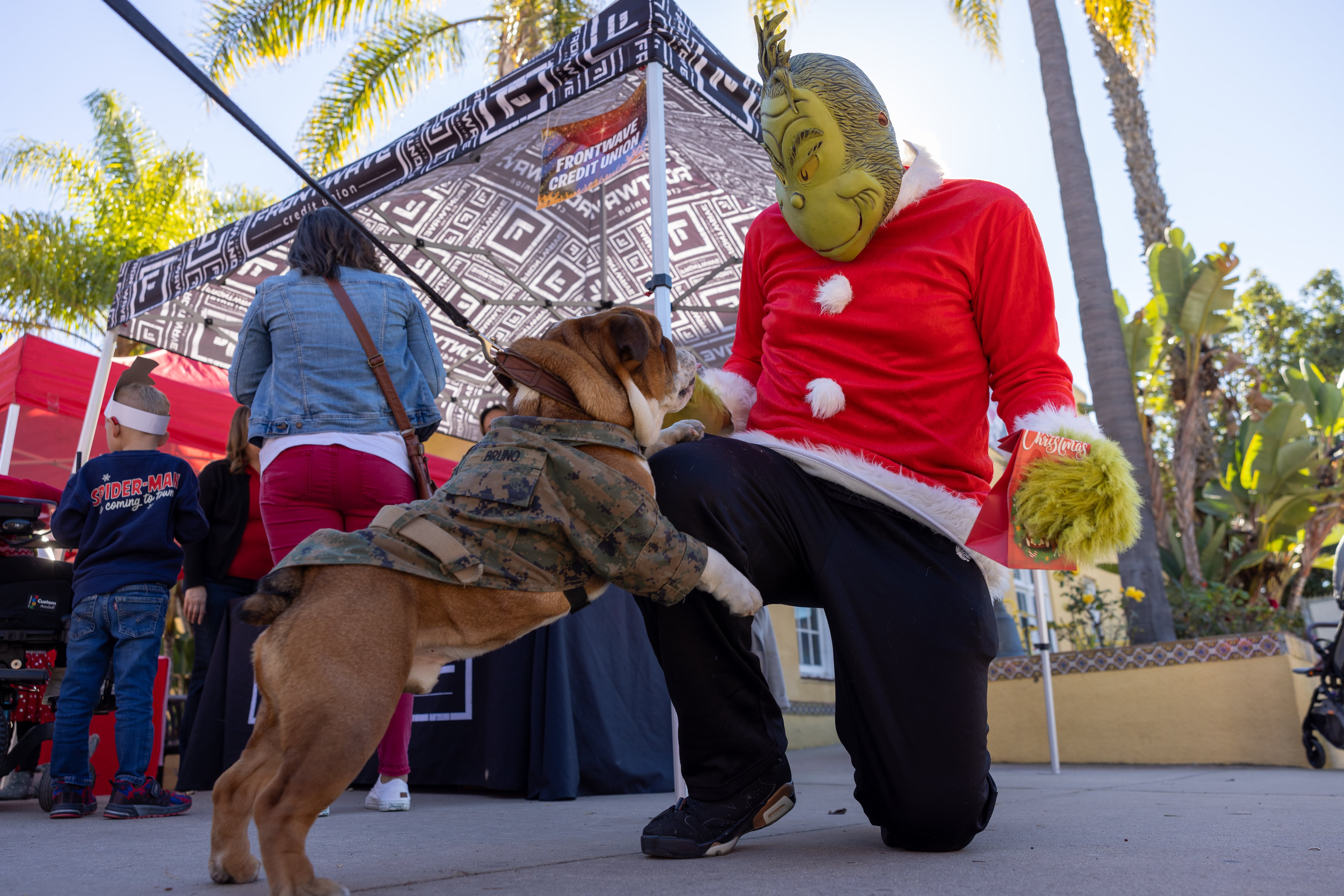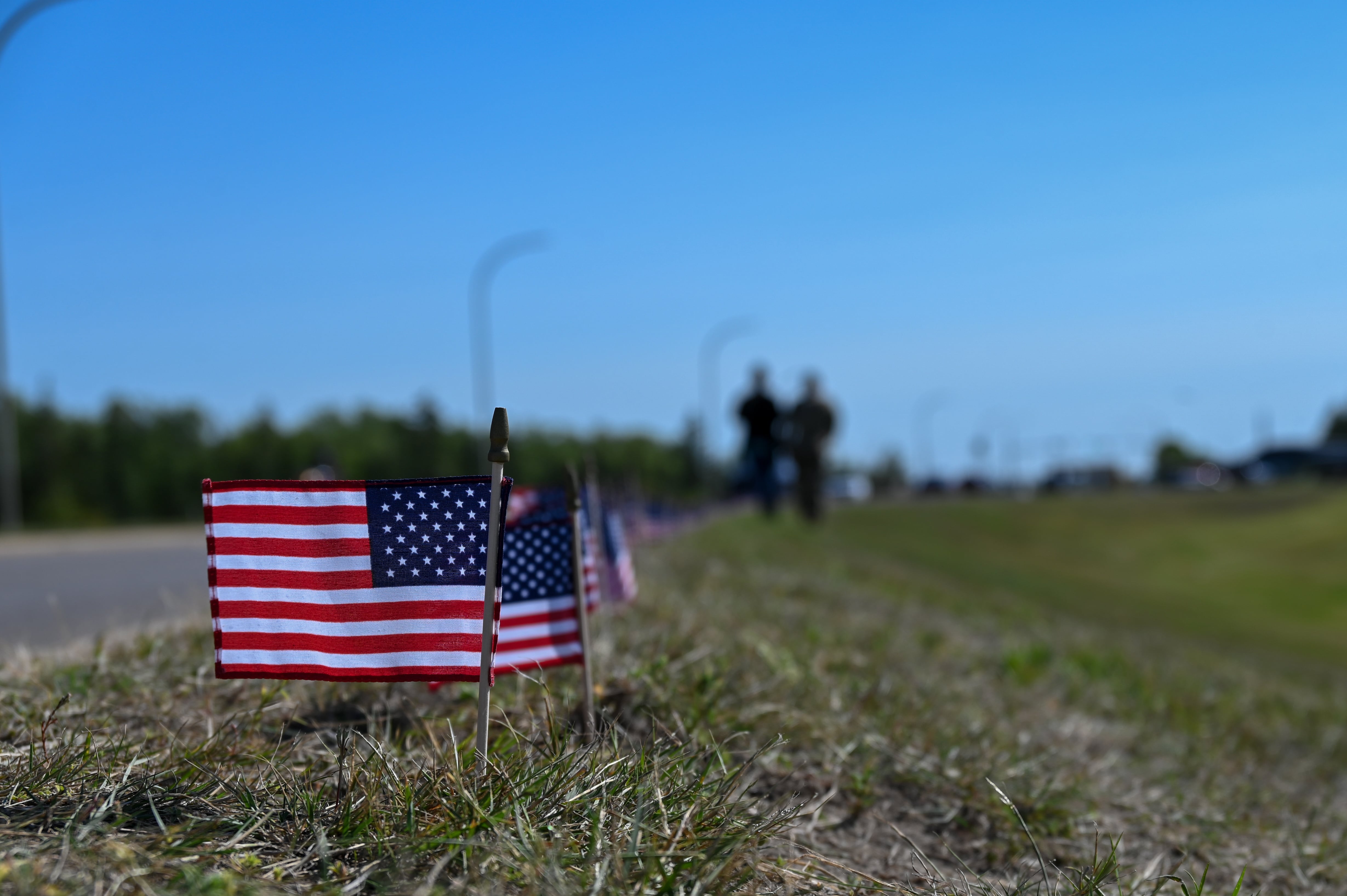MOSUL, Iraq — Two crudely armored pickup trucks cruised along an eastern Mosul highway. A masked Iraqi officer riding shotgun yelled "Go! Go! Go!" and switched the radio from Iraqi folk music to fast, patriotic battle hymns as the vehicles sped up and weaved through the busy afternoon traffic.
Inside were members of Iraq's National Security Service, or NSS, a secretive intelligence and security unit that reports directly to the prime minister. Using tips from Mosul residents, they are taking the lead in hunting down suspected Islamic State sleeper cells that have managed to remain behind as Iraqi forces fight to retake the country's second largest city.
As Iraqi forces secure territorial victories in Mosul's western half, taking the city's airport and a sprawling military complex, the east — an area declared "fully liberated" from the extremists in January — has been rocked by insurgent attacks, including one earlier this month targeting a popular restaurant in which four people were killed and seven wounded.
Iraqi intelligence officials estimate dozens of ISIS fighters and sympathizers remain in hiding in eastern Mosul's more than 60 square kilometers (23 square miles) of dense urban neighborhoods.
"These are people I know," said Col. Hisham, a Mosul native and assistant commander of the Nineveh division of the NSS who led the operation Tuesday.
"For example one of my neighbors was a major IS commander. There have been many times that I've been surprised that suspects are people that I know. But we have to do our job," said Hisham, who gave only his first name because he feared for his family's safety.
During Tuesday's raid, the convoy of trucks swerved onto a side road and turned into an alley, braking suddenly outside its first target: the home of a suspected ISIS member. Leaping to the ground, the NSS forces secured a perimeter then forced their way into the courtyard of a modest home. They emerged moments later with a tracksuit-clad man in a headlock as a female relative screamed in shock.
Another unit kicked in the metal gate of a second house and pulled out a frightened-looking teen. Both were bundled into the back of one of the pickups, their hands bound. Family members protested loudly, only withdrawing after an officer fired his rifle into the air.
In the months since Iraqi troops began pushing ISIS out of Mosul's eastern half, life has returned to the city's streets. Roads are packed with cars, minibuses and yellow taxis. At busy traffic circles, stalls sell fresh vegetables and meat. A handful of clothing shops have reopened and residents have begun rebuilding homes damaged by airstrikes, car bombs and small-arms fire.
But there are also strong undercurrents of unease. One resident reported a number of ISIS sympathizers remain in his neighborhood despite the streets being declared "cleared" by Iraqi security forces. One family who relocated to Irbil, 50 miles (75 kilometers) east of Mosul, after their neighborhood was retaken by government forces said they were too scared to return after seeing how many ISIS members remained behind.
"We know who they are, we could recognize them," one woman told The Associated Press. She, like other Mosul residents, spoke on condition of anonymity for fear for her safety and that of family members who remain behind in the city.

Iraqi security forces drag a suspected Islamic State group fighter down a spiral staircase after raiding his house on Feb. 21, 2017, in the liberated eastern part of Mosul.
Photo Credit: John Beck/AP
Besides the two suspects taken into custody in the Tuesday afternoon raid, Hisham and his men made four more arrests, including some as young as teenagers and a silver-haired man in his 50s. All were bound and bundled into the back of trucks with a kick or punch by the exultant officers. Three of their targets managed to slip away, said another NSS officer who would give only his rank of general. He said all were suspected IS members, but declined to specify exactly what offences they were thought to have committed.
While some raids play out smoothly, like the one conducted Tuesday, others devolve into intense clashes. One operation escalated into a heavy gun battle with dug-in militants, Hisham said. "They were shooting and had tunnels under the house and explosives," he said. "In the end we blew the house up on top of them."
Many suspects are identified from tips from local residents. An NSS hotline number is spray-painted along eastern Mosul's walls and broadcast on television channels calling on anyone with information to come forward.
Hisham says the current goodwill between Mosul's residents and the country's security forces is essential to the work he's doing now and future peace in the city.
"We have to work hard to build trust between us and the civilians. It has to be a circle where we trust them and they trust us," he said.
"Mosul used to be a good city," Hisham added, describing a slow descent into violence over more than four years following the U.S.-led invasion of Iraq in 2003. "Then in 2011 there were more bombings and more terrorism and by 2013, just before ISIS came, the city was almost out of control."
During those years, security forces under former Iraqi Prime Minister Nouri al-Maliki practiced heavy-handed tactics that are echoed to a degree by the methods Hisham and his men now use. Waves of arbitrary arrests and detentions in the years before 2014 attempted to control the bombings and attacks, but many also blame them for helping ISIS rise to power in Mosul.
Under al-Maliki Iraqi security forces conducted raids inside Mosul and surrounding villages, arresting dozens of suspected militants at a time, in 2013 and 2014. Many relatives of those arrested say their loved ones were never formally charged and some were never heard from again, according to reports from New York-based Human Rights Watch.
"Right now we have the goodwill between the people and the security forces," said a Mosul resident and former officer in Saddam Hussein's military, who spoke on condition of anonymity for fear for his safety. "But of course that can change, if conditions don't improve."





